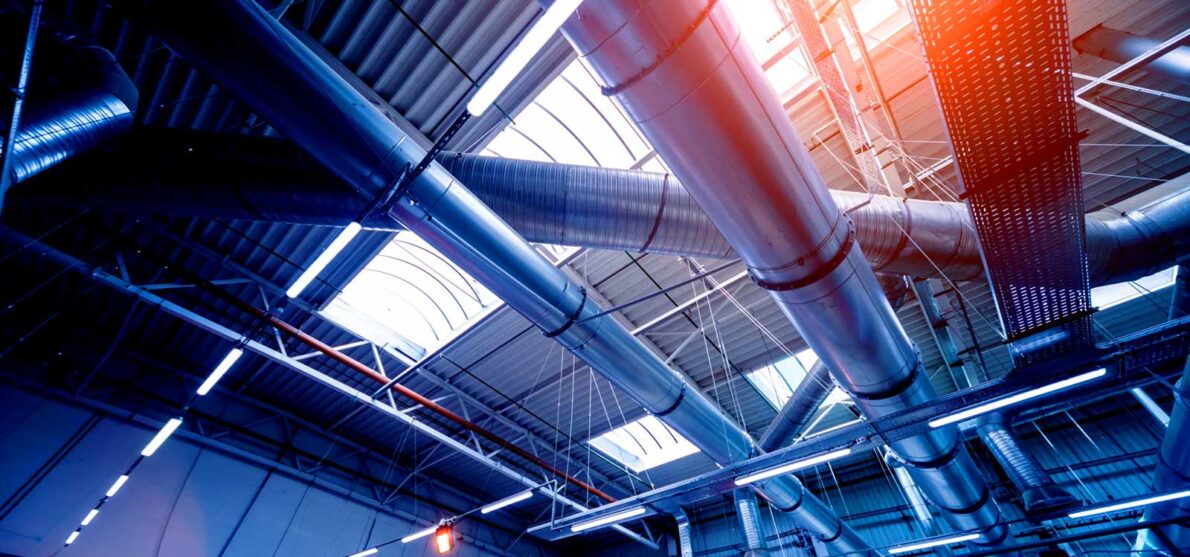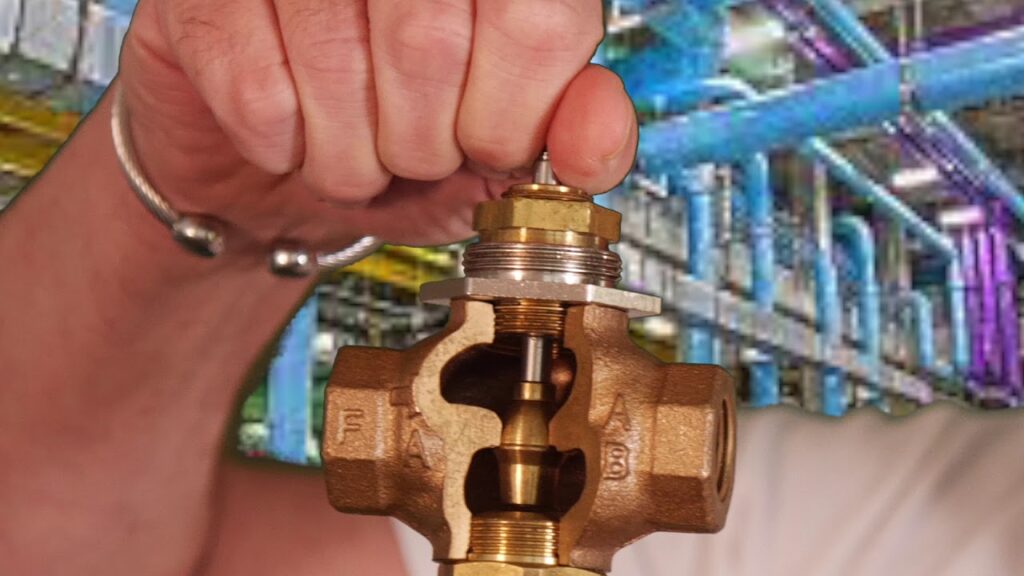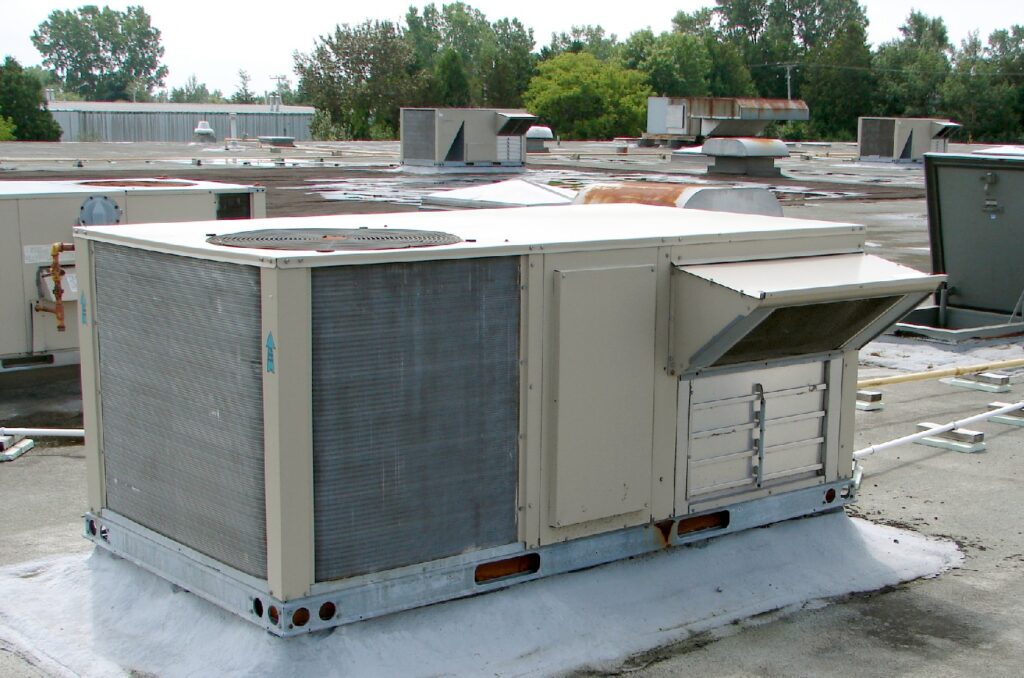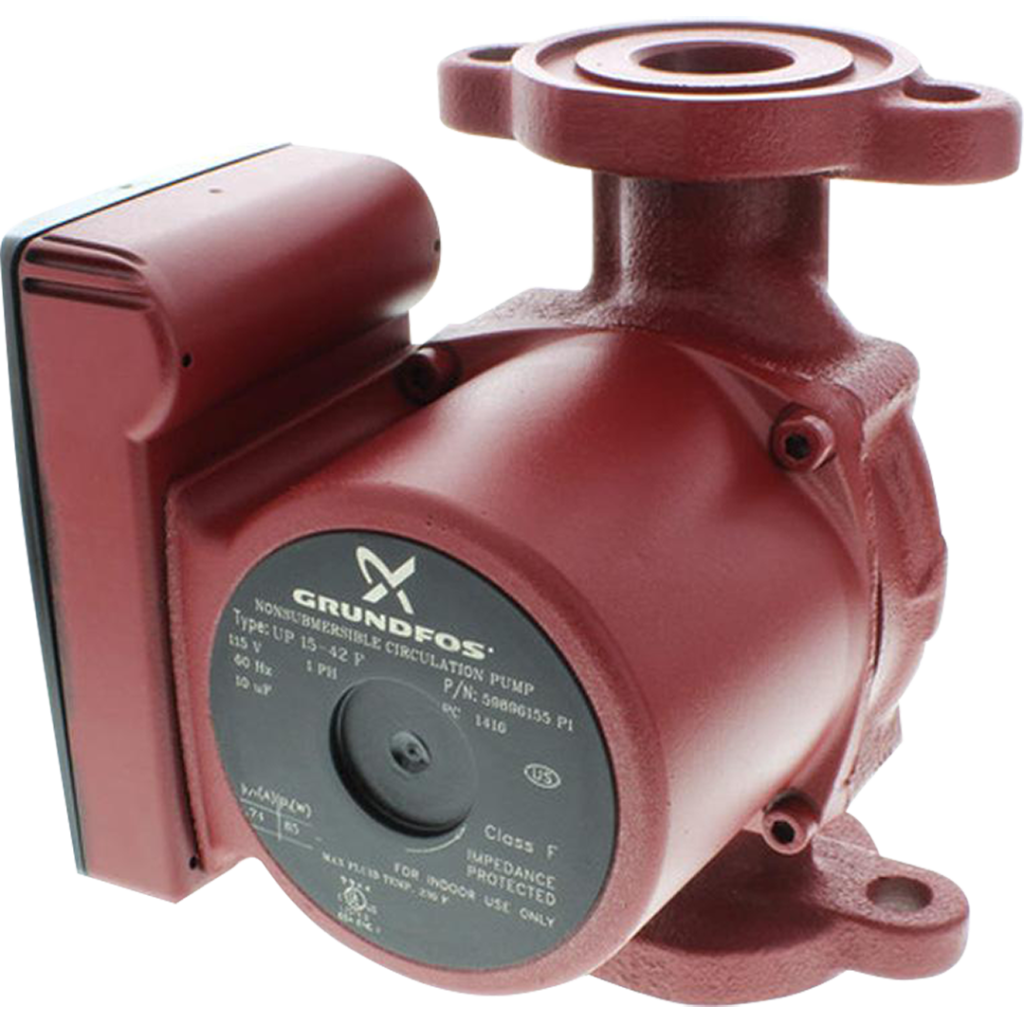High-efficiency HVAC systems are a great way to save money on your utility bills. However, there’s one thing that many people don’t consider: humidity. It control the humidity in your home and keep it in a healthy range for you and your family. This is important for your health and comfort, but it also helps with energy efficiency and keeping your HVAC system running smoothly!
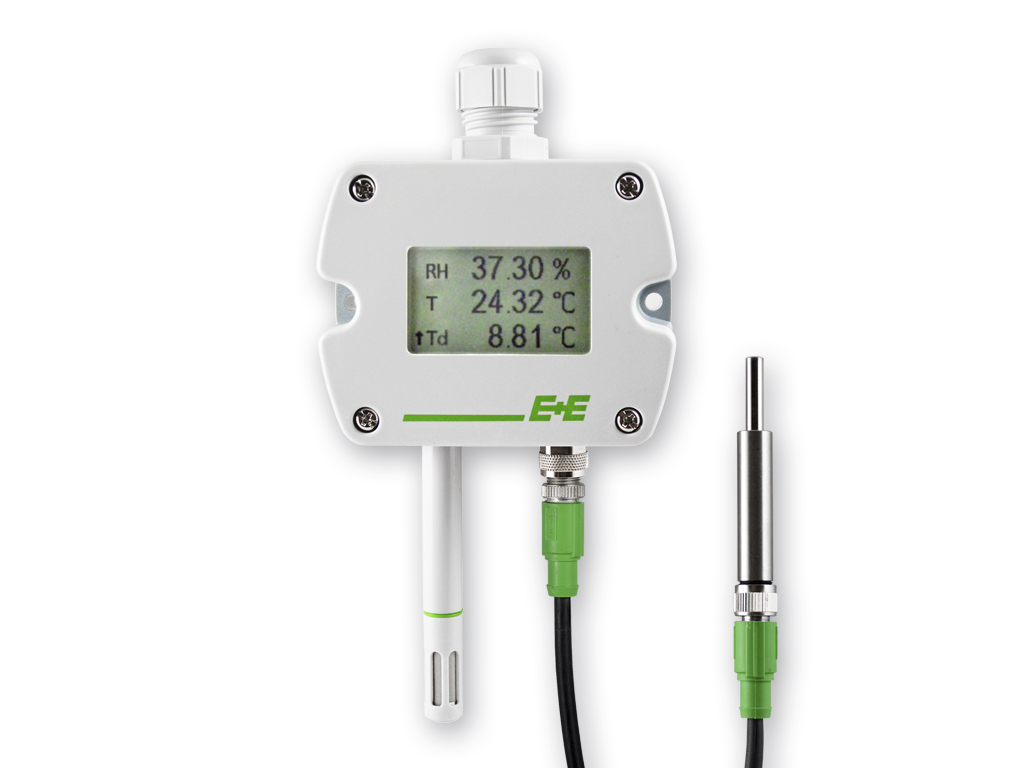
Control The Humidity In Your Home
The room humidity sensors control the humidity in your home by sensing how much moisture is in the air and adjusting it accordingly. When humidity is too low, they’ll turn on an exhaust fan or dehumidifier to bring out more moisture from the air; when it’s too high, they’ll activate an evaporator coil that extracts water from inside the system or simply shut off entirely if things get too steamy (which will help prevent mold).
This means you don’t have to worry about constantly monitoring whether those vents need opening or closing–your HVAC system will do all of this automatically!
Good For Your Health and Comfort
This are a great way to keep your home at the right humidity level. Too much or too little humidity in a home can cause health problems, including dry skin and itchy eyes. Humidifiers can help increase the amount of moisture in the air, while dehumidifiers remove excess moisture from inside your home.
It measure the amount of water vapor present in the air and send this information to an HVAC controller or thermostat so that you don’t need to manually adjust settings based on how many people are present in each room (or whether there’s been rain lately).
A good humidifier will automatically kick on when needed without causing major fluctuations in temperature–and without affecting other parts of your system like refrigerators or air conditioners!
Can Keep Your HVAC System Running Smoothly
The humidity sensors can help your HVAC system run more efficiently and keep your home comfortable. Humidifiers and dehumidifiers work to maintain the ideal humidity levels in a house, but sometimes they can cause problems if they’re not properly calibrated or maintained.
It detect when there is too much moisture in the air, causing them to turn on a fan or humidifier if necessary. This keeps mold from forming on walls and ceilings, which would make your house smell musty and unhealthy for occupants. It also extends the life of your HVAC system by preventing damage caused by excessive moisture buildup inside walls or ductwork (which leads us back around again).

